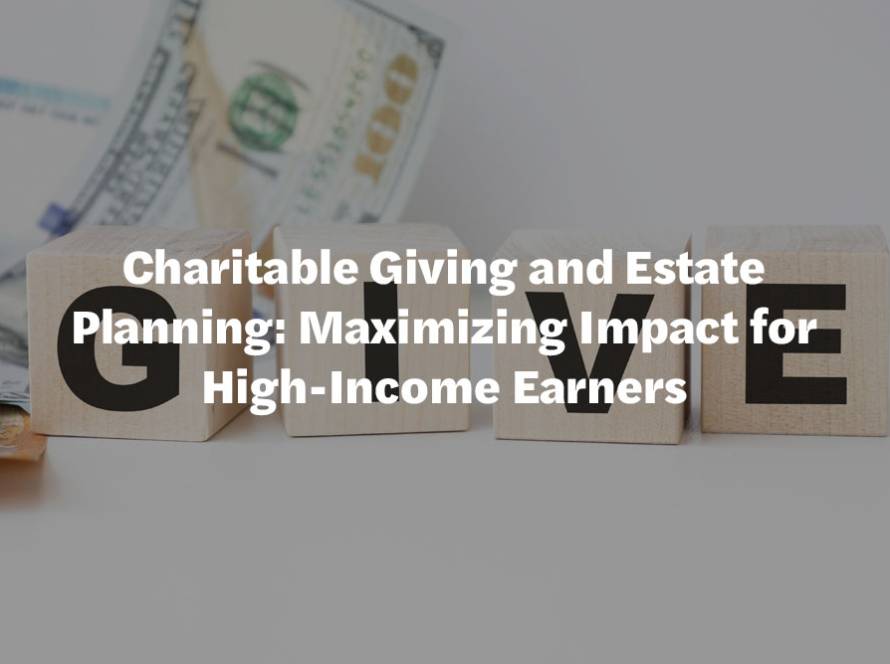For high-earners, understanding and planning for estate taxes is crucial to ensure that a significant portion of your wealth is not eroded by taxes upon your death. Estate taxes, often referred to as the “death tax,” can take a substantial bite out of your estate, affecting how much you can pass on to your heirs. Here are critical strategies and considerations for high-earners in San Diego looking to navigate estate taxes efficiently.
Understanding Estate Taxes
Estate taxes are levied on the transfer of the taxable estate of a deceased person, whether it passes to heirs lawfully through a will or trust, or through the state’s intestacy laws. The federal government imposes estate taxes, and some states have their own estate or inheritance taxes. California does not currently impose a state estate tax, but residents are still subject to federal estate taxes.
Federal Estate Tax Thresholds
As of 2023, the federal estate tax exemption is about $12.92 million per individual, meaning that an estate valued below this amount is exempt from federal estate taxes. However, amounts exceeding this threshold are taxed at rates that can be quite steep, up to 40%. For married couples, this exemption can effectively be doubled.
Strategies to Minimize Estate Taxes
- Lifetime Gift Strategy: Utilize the annual federal gift tax exclusion, which allows you to give up to $17,000 per recipient in 2023 without incurring a gift tax, reducing your estate’s size.
- Irrevocable Trusts: Assets placed in irrevocable trusts are removed from your estate, thus not subject to estate taxes upon your death. Types of irrevocable trusts include life insurance trusts, charitable lead trusts, and bypass trusts.
- Family Limited Partnerships (FLPs): FLPs can be used to shift wealth among family members. These partnerships allow parents to reduce the size of their estate by gradually gifting partnership interests to their children, who are often in a lower tax bracket.
- Charitable Giving: Donations to charity are not only noble but can reduce your taxable estate. Consider establishing a charitable remainder trust, which provides you or other named individuals with a stream of income for a period before the remainder is donated to a charity.
- Use of Life Insurance: A properly structured life insurance policy can provide liquidity to heirs to pay estate taxes without selling off estate assets. Consider setting up an irrevocable life insurance trust to exclude the life insurance proceeds from your taxable estate.
- Spousal Transfers: Unlimited marital deduction allows you to leave any amount of assets to your spouse free of estate taxes, but proper planning is needed to ensure the surviving spouse’s estate does not suffer a tax burden.
Why Professional Guidance is Essential
Navigating the complexities of estate taxes requires skilled professional advice. Estate planning for high-earners involves not just drafting a will or setting up trusts, but also strategic tax planning. Working with an experienced estate planning attorney can help you develop a plan that minimizes your tax liabilities while maximizing what you can pass on to your heirs.
For high-earners, estate tax planning is a crucial component of financial management. By understanding how to leverage gifts, trusts, and other strategies, you can significantly reduce the impact of estate taxes. At Allenby Law in San Diego, we specialize in sophisticated estate planning solutions that help our clients protect their wealth and pass it on to future generations as efficiently as possible. Contact us today to start optimizing your estate for tax purposes.



